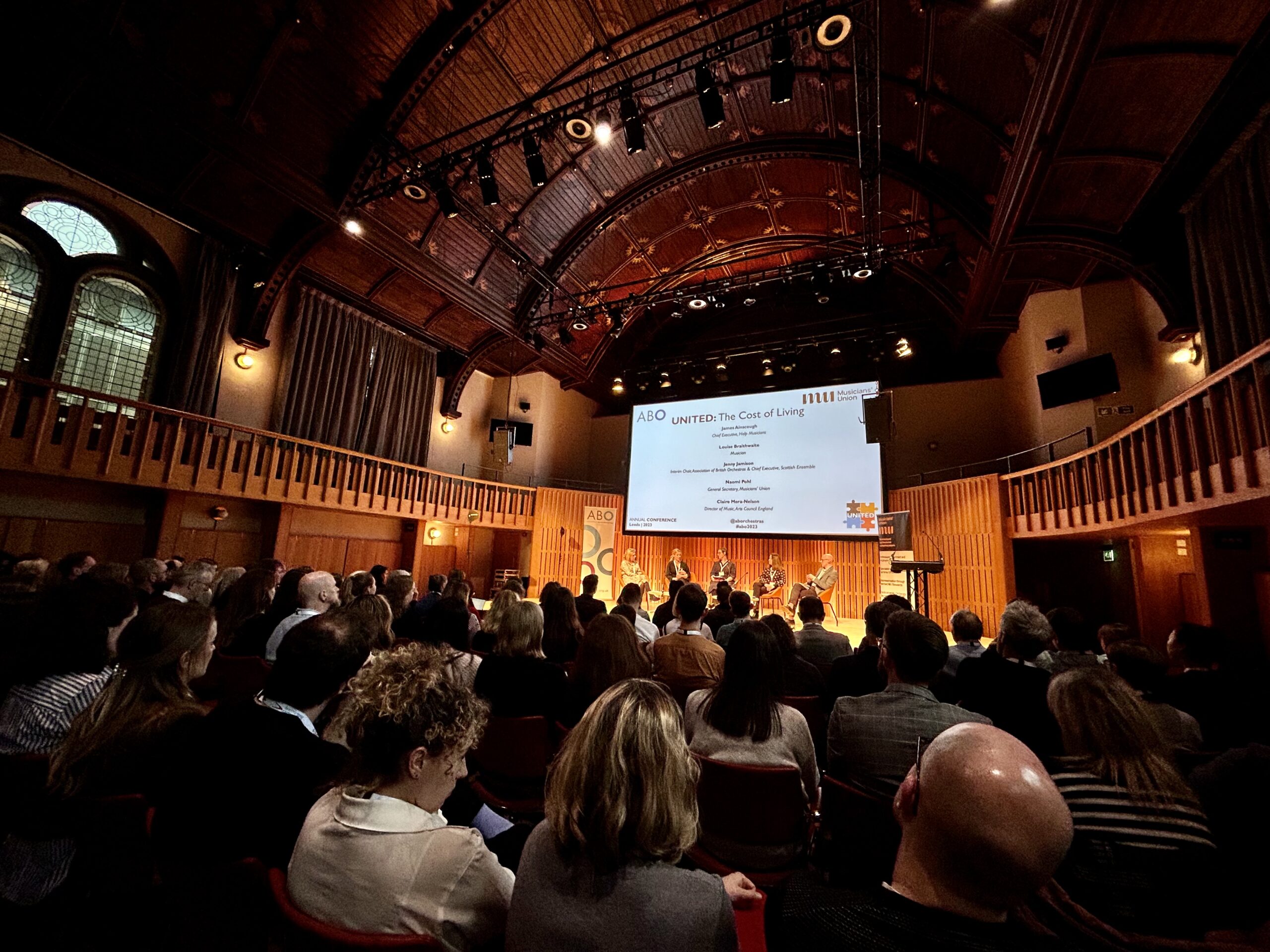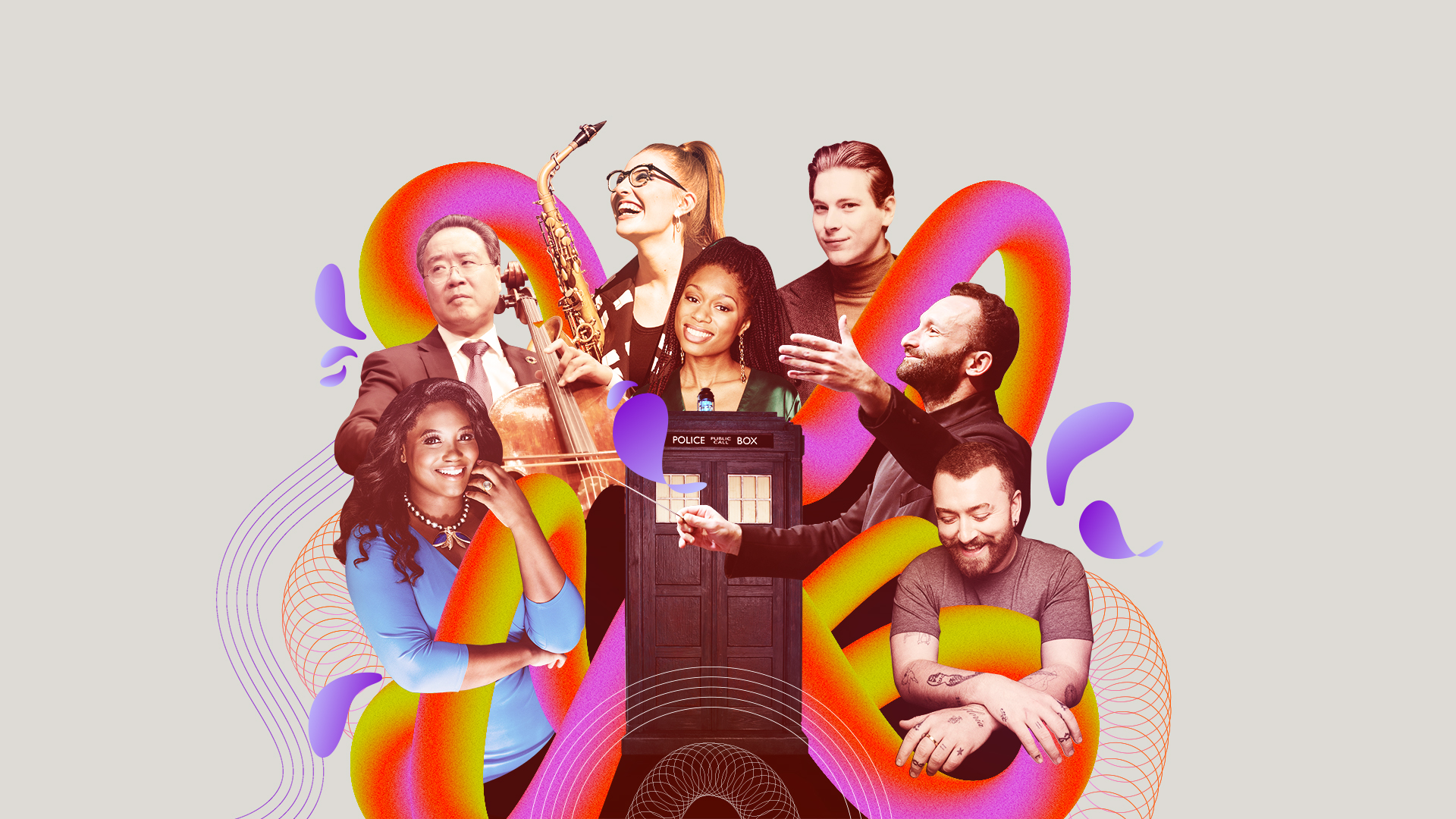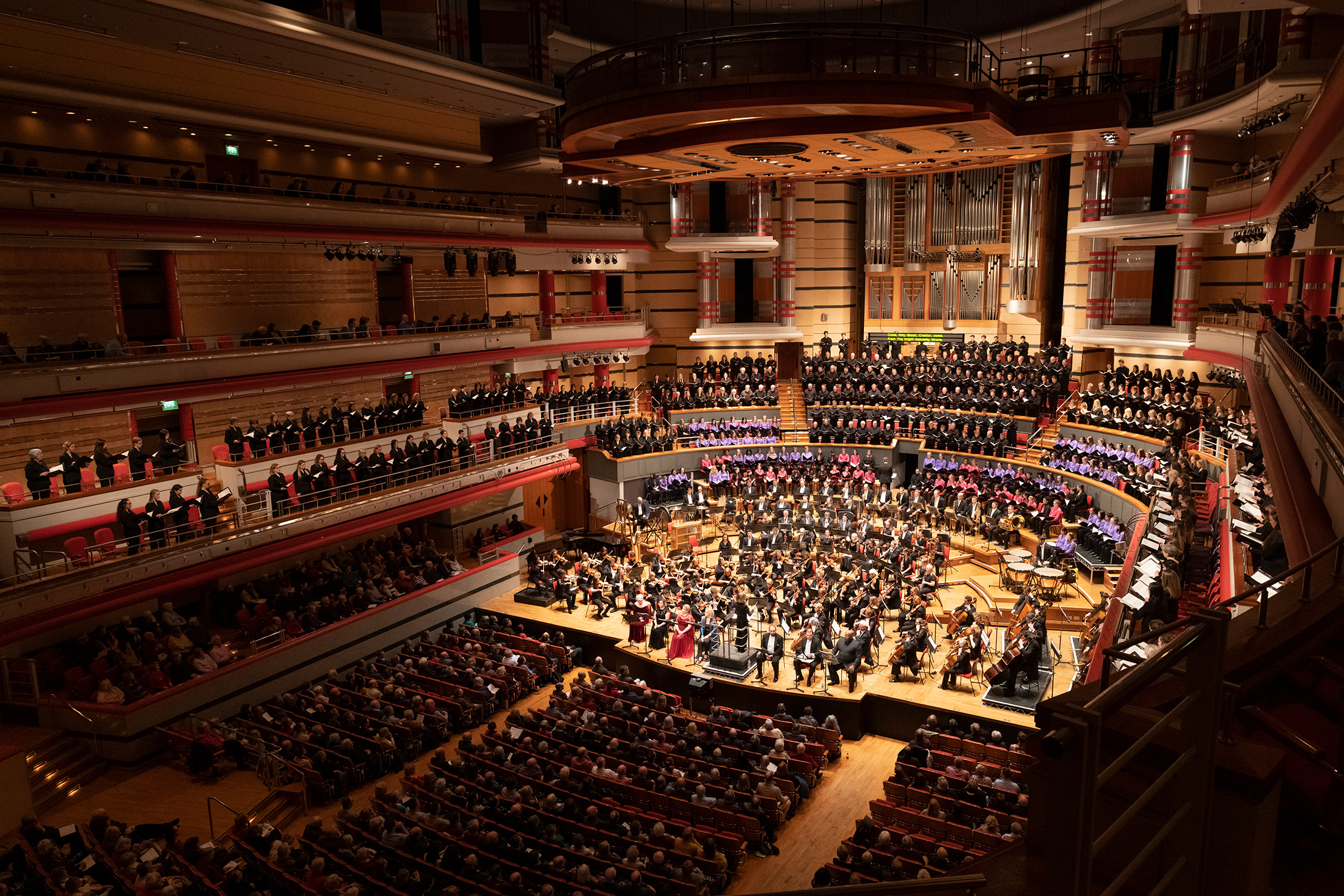I haven’t attended a useful conference for a long time – usefulness meaning timely storytelling, insights that make me want to reach for my notebook, and thought-provoking questions. I’ll feel I’ve got value for money if on the return journey my reflections lead me further into a subject.
The ABO conference has certainly met these fairly low-level requirements. Those presentations built on data explaining audience behaviours provided something tangible, in turn highlighting how easy it is to get lost in aspiration. Those that were low on content and big on personality were a comparatively empty experience. I’ve captured some of the things I found myself responding to in a list at the end of this post.
What dominates my thoughts heading home is how I’ve heard a lot of people talking about the classical music ‘experience’ in a bid to illustrate that an individual’s love of live music consisted of more than what was going on in the auditorium. Where that experience begins – on the journey to the venue, as you walk through the doorway, or when you obtain your pre-concert drink – is up for debate, but its good to see people in the industry beginning to make the obvious a little more explicit.
A few snippets from various events that really stuck in my mind:
- “We need to articulate the way music connects with humanity.”
- Music plays a critical role in the well-being of society.
- How do we tell the most compelling story to the widest possible audience?
- Audience behaviour has been negatively impacted by the cost of living crisis.
- UK orchestras contributed £4 billion to the UK economy in 2021.
- 4 million people enjoyed 3600 concerts across the UK in 2021.
- It’s possible to measure someone’s emotional response to music through their sweat.
- Don’t assume that concert/operagoers also listen to their favourite genre on the radio.
- 83% of respondents in a Global Radio survey said they were mindful of the cost of living crisis in their decision-making even if it didn’t noticeably impact them.
- According to Global, Classic FM’s listeners are seeking more than just companionship or mood-driven distraction. Listeners are curious and seek opportunities to explore.
- Commercial radio listening is up, but listener needs have shifted from companionship to exploration.
- How can the industry steepen the curve of older people returning to the concert hall?
- Concert-goers habits have changed – some feel travel is effort (hardly surprising)
- 22% of respondents in LIVE’s survey showed choice was being made based on artist.
- What changes need to be made to formats and access to persuade latent classical fans?
- Data gathered by Dr Sarah Price (Liverpool University) reinforces the view that some cultural curious potential concert-goers seek presentation and contextualisation to alleviate perceived disconnect between themselves and regular concert goers. (There’s a book in this, probably.)
- (Dr Sarah Price) There remains a significant proportion of the population for whom access to arts institutions is difficult, impossible or even cultural unpalatable.
- Is the change in audience behaviour a reflection of the core audience not missing the live experience as much as we all assumed they would?
- The ‘still and silent’ concert experience amounts to a small proportion of activities.
- Are we here to serve the artform or the audience?
I was especially impressed with Global Radio (Classic FM’s parent company) strong clear messaging post-RAJARs (industry survey into listening habits for those who don’t know of it). Classic dominates the classical radio listening landscape with 5 million weekly listeners, compared to its trying-ever-so-hard competitor Scala Radio at 300K weekly listeners. Radio 3’s 1 million compares well given its product is editorially distinct, but Global highlighting a shift in audience interest towards ‘education’ hints that the BBC’s commercial competitor might be shifting its sights.



